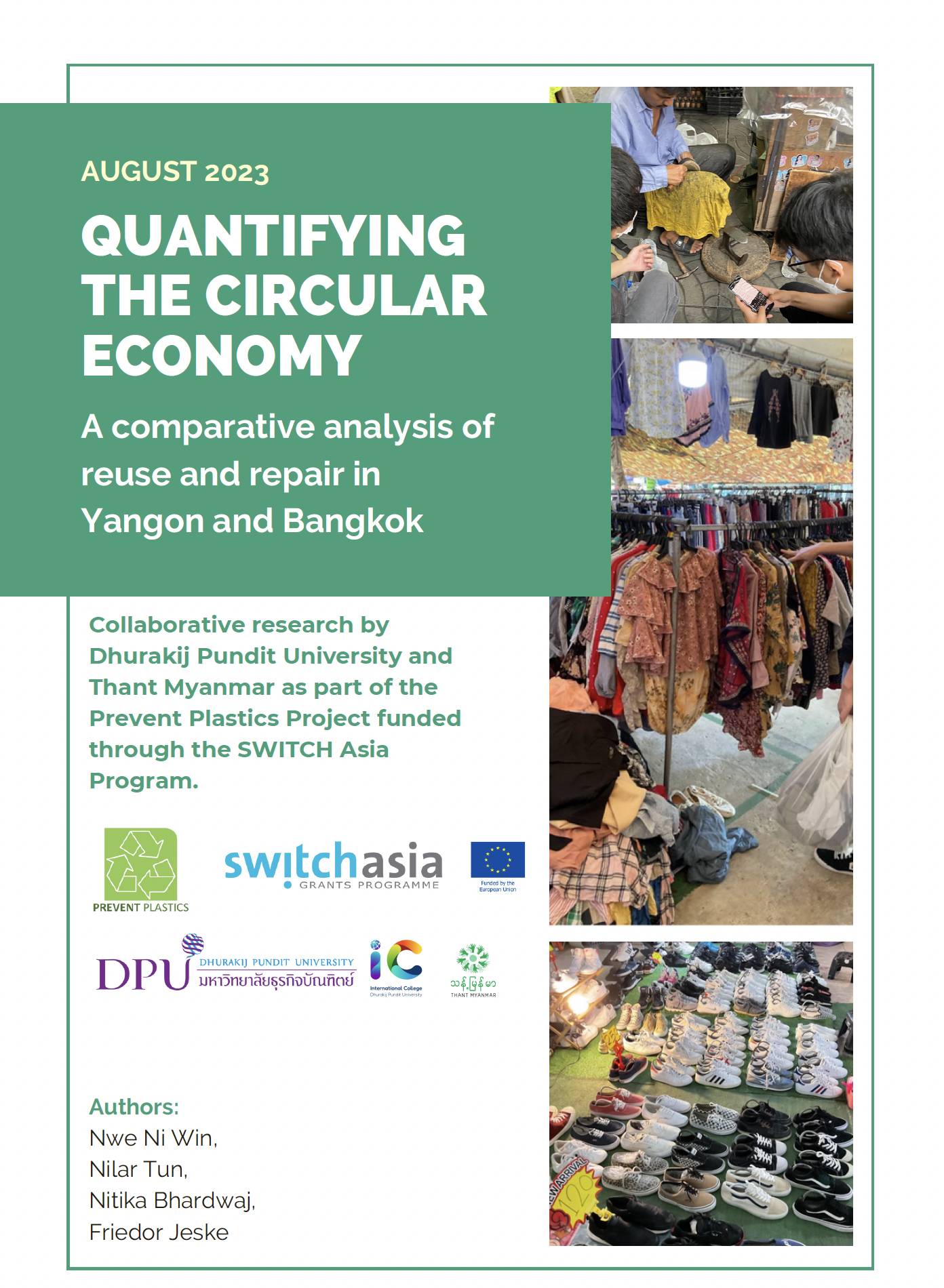
The circular economy (CE) represents a systemic shift in production and consumption patterns, transitioning from the linear model of make-use-and-dispose to a multi-loop system where ideally, nothing becomes waste. This systematic shift is primarily propelled by a growing awareness of climate change, finite resources, and material pollution in the global north.
This paper, through a case study comparing Bangkok and Yangon, demonstrates that lower-income environments with real material resource constraints are actively embracing the circular economy as a response to resource scarcity. To conduct this research, researchers analyzed 856 Small and Medium Enterprises (SMEs) in Yangon, constituting 17% of all CE SMEs in the city, and 304 SMEs in Bangkok, representing 15% of all CE SMEs in the city. All of these enterprises are actively engaged in the reuse and repair economy.


